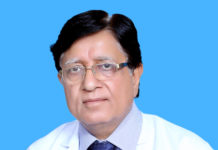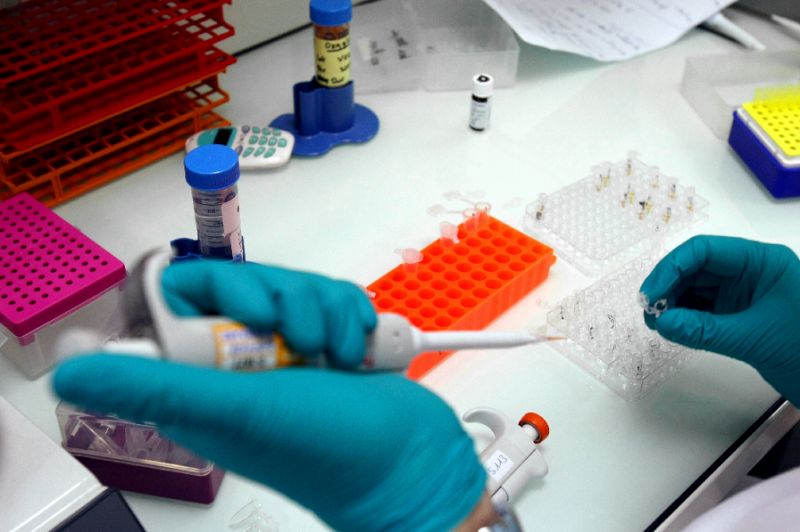New Delhi|Ekta
Dr Jayasurya Navaratne from the WHO South East Asia Office, New Delhi said it is important to design public health and population based strategies to curb the dangers associated with high sugar consumption, one of the ways as proposed by WHO being Taxation on Sugar Sweetened Beverages, SSB,he was speaking at the International Sympoium “Is Sugar the new tobacco? – Oral Health perspectives” held at the India Habitat Centre New Delhi.
It was organised by the Centre for Dental Education and Research, AIIMS New Delhi. The symposium was inaugurated by the Director AIIMS, Prof MC Misra. Experts from the WHO, Dr Jayasurya Kumari Navaratne, Dr Paula Moynihan from the WHO Collaborating Centre for Nutrition and Oral health, New Castle University, Dr Cynthia Pine CBE, Professor of Dental Public Health from the Barts and London School of Dentistry and Medicine were present.
This is the first of its kind symposium in India on Sugar and the oral health perspectives.
And it is set to deliberate on sugar policy as well as a prevention programme for dental diseases at the population level
At the event, the Director emphasised the need to cut down and rationalise sugar consumption in various forms including fizzy drinks, sweets and refined food. Dr OP Kharbanda, Chief, Centre for Dental Education and Research highlighted on the importance of sugar intake control to prevent dental decay in infants and early childhood.
There is a consensus that sugars are implicated in several Non Communicable diseases,
including dental caries (World Health Organization [WHO] 2003; Sheiham and James 2014;
WHO 2015). Moreover, sugars are a “sufficient” cause of dental caries (Rothman and
Greenland 1999); sugars determine whether or not caries develops. A dynamic relationship
exists between sugars and oral health.
Proven Cause-Effect relationships indicate that Sugar is a prime mover when it comes to
dental caries, subsequent to plaque formation. Sugar could not just mean sweet, sticky food
and sugar sweetened beverages. In this epoch of increased availability, robust marketing
and the subsequent consumption of ready to eat and highly refined food, sugar could turn
bitter!














